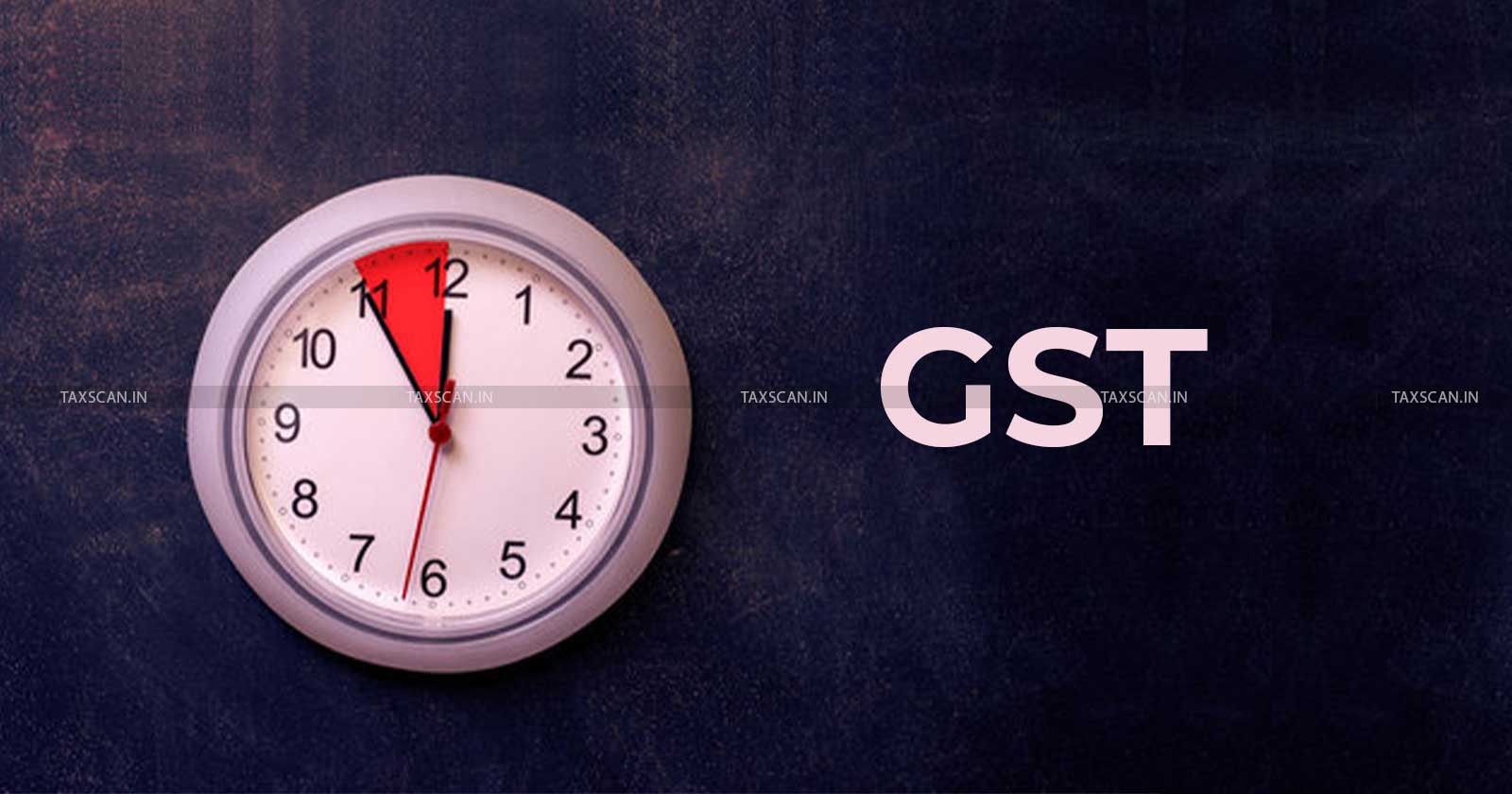GST Council’s Notification 56/2023 is Illegal: Madras HC sets aside GST Orders Taking Note of Tata Play Ruling [Read Order]
The petitioners had challenged both the assessment orders issued in Form GST DRC-07 and the legality of the notification itself, arguing that their rights under Articles 14, 19(1)(g), and 21 of the Constitution were violated
![GST Council’s Notification 56/2023 is Illegal: Madras HC sets aside GST Orders Taking Note of Tata Play Ruling [Read Order] GST Council’s Notification 56/2023 is Illegal: Madras HC sets aside GST Orders Taking Note of Tata Play Ruling [Read Order]](https://images.taxscan.in/h-upload/2025/08/07/2073853-2057082-madras-high-court-gst-gst-order-taxscan.webp)
The Madras High Court quashed a series of GST (Goods and Services Tax) orders issued under Notification No. 56/2023 Central Tax dated 28.12.2023, deeming the notification arbitrary, ultra vires, and void.
Justice Krishnan Ramasamy held that the impugned notification, issued under Section168A of the CGST Act, 2017, could not validly extend the limitation period for issuing orders under Section 73 without any exceptional circumstances.
Stay Updated with the Latest Audit Report Formats & Audit Trials Requirements! Click here
The Court noted that Section 168A allows such extension only in cases of exceptional circumstances like war, epidemic, or natural disaster none of which were in existence at the time of the issuance of Notification No. 56/2023.
The court relied on its own ruling in Tata Play Ltd., which had firmly established the illegality of Notification Nos. 9 and 56 of 2023 issued under Section 168A of the CGST Act. The Court in Tata Play held that the benefit of exclusion of the period from 15.03.2020 to 28.02.2022, as ordered by the Supreme Court under Article 142, could not be nullified or curtailed by any executive notification. Notification No. 56/2023, which attempted to override this benefit and redefine limitation, was thus declared legally unsustainable.
Applying the same decision, the Madras High Court observed that the notification was incapable of legally reviving the time-barred proceedings.
 Also Read:Madras HC Strikes Down GST Time Extensions Notification u/s 168A: What It Means for Pending Adjudications
Also Read:Madras HC Strikes Down GST Time Extensions Notification u/s 168A: What It Means for Pending Adjudications
The petitioners had challenged both the assessment orders issued in Form GST DRC-07 and the legality of the notification itself, arguing that their rights under Articles 14, 19(1)(g), and 21 of the Constitution were violated.
Accordingly, the Madras High Court declared that Notification No. 56/2023 dated 28.12.2023 stands vitiated and illegal. For cases where assessment or adjudication orders were challenged, the Court directed that such orders be treated as show cause notices, allowing petitioners to file objections within eight weeks from the date of uploading of the web copy of the order, after which the authorities must pass fresh orders following a hearing.
Similarly, where the challenge was to a notice, petitioners were also given eight weeks to respond. The Court disposed of the batch of writ petitions with these directions, without imposing costs, and closed all connected miscellaneous petitions.
While the State sought a pre-condition for setting aside the impugned orders citing the long pendency of previous petitions, the Court declined the request, observing that earlier similar matters had already been remitted unconditionally by a coordinate bench. However, it clarified that the issue of imposing conditions may be considered in future cases.
Support our journalism by subscribing to Taxscan premium. Follow us on Telegram for quick updates


